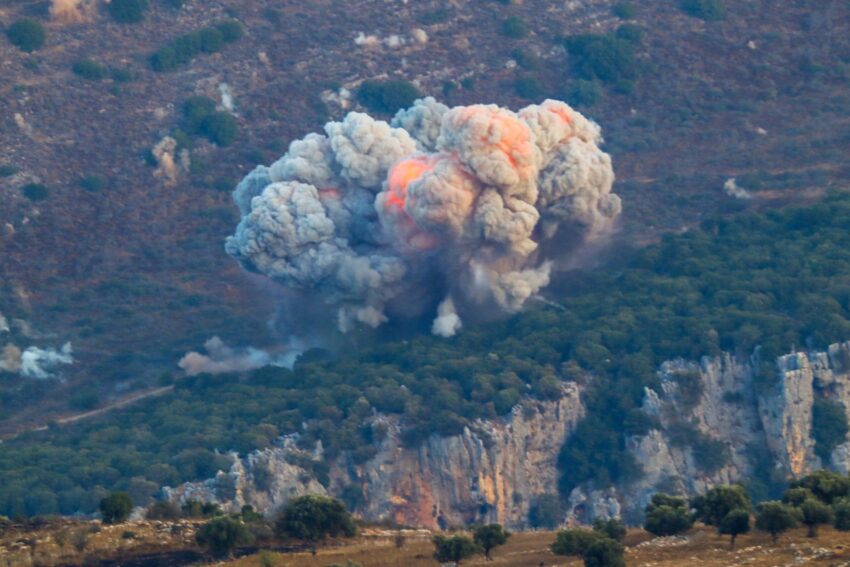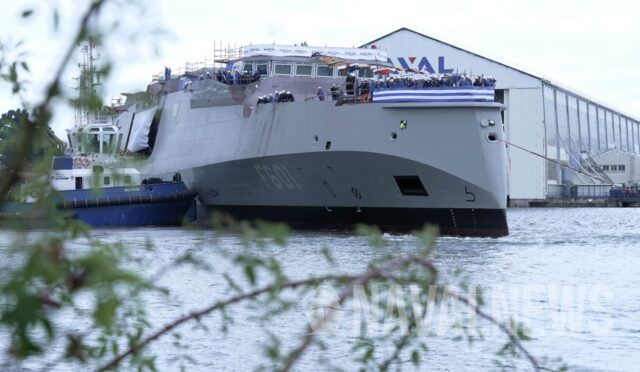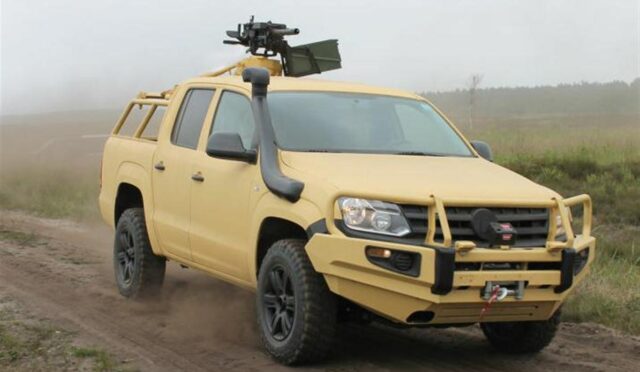Israel Targets Hezbollah’s Radwan Force
In a recent military operation, Israel announced it was targeting Hezbollah’s elite Radwan force located in eastern Lebanon. This action, occurring on Tuesday, marks another escalation in hostilities even in the wake of a ceasefire initiated with the Iranian-backed militant group. The Israeli Air Force disclosed through an official statement that its fighter jets had launched multiple airstrikes against Hezbollah positions in the Beqaa Valley.
The military emphasized that the facilities struck were instrumental for Hezbollah’s training and preparation of operatives tasked with planning and executing attacks against Israeli forces and the nation of Israel. This ongoing conflict highlights the fragile nature of the ceasefire established in November, which sought to conclude a prolonged period of animosity marked by extensive clashes that severely diminished Hezbollah’s strength.
Defending National Security
Israeli Defense Minister Israel Katz characterized the latest airstrikes as a definitive warning to both Hezbollah and the Lebanese government, succinctly stating that they hold responsibility for upholding the terms of the ceasefire agreement. He asserted, “We are committed to targeting every terrorist involved and eliminating any threats posed to the safety of our northern residents and the State of Israel. Any attempt to rebuild these forces will be met with overwhelming force.” This declaration serves to reinforce Israel’s uncompromising stance towards potential threats.
The military’s communication also alluded to a prior Israeli operation in September 2024, which resulted in the elimination of senior Radwan commanders in Beirut and southern Lebanon. Following this significant blow, it was noted that the Radwan unit has been actively working to regain its strength, raising further concerns about the potential for renewed aggression.
Violations of Agreements
Israel’s military statement pointed out the alarming stockpiling of weapons by Hezbollah and activities at various locations, signaling a direct breach of the ceasefire agreements established between Israel and Lebanon. The military asserted that these developments could pose an imminent threat to Israel’s security, particularly as Hezbollah seeks to enhance its operational capabilities.
Per the ceasefire secured in November, Hezbollah was instructed to withdrawal its fighters north of the Litani River, situated around 30 kilometers from the Israeli border. This arrangement was intended to ensure that only the Lebanese army and UN peacekeepers would maintain armed presence in the area. Meanwhile, while Israel is mandated to fully withdraw its troops, they have retained strategic positioning in five critical areas, hinting at ongoing tensions.







